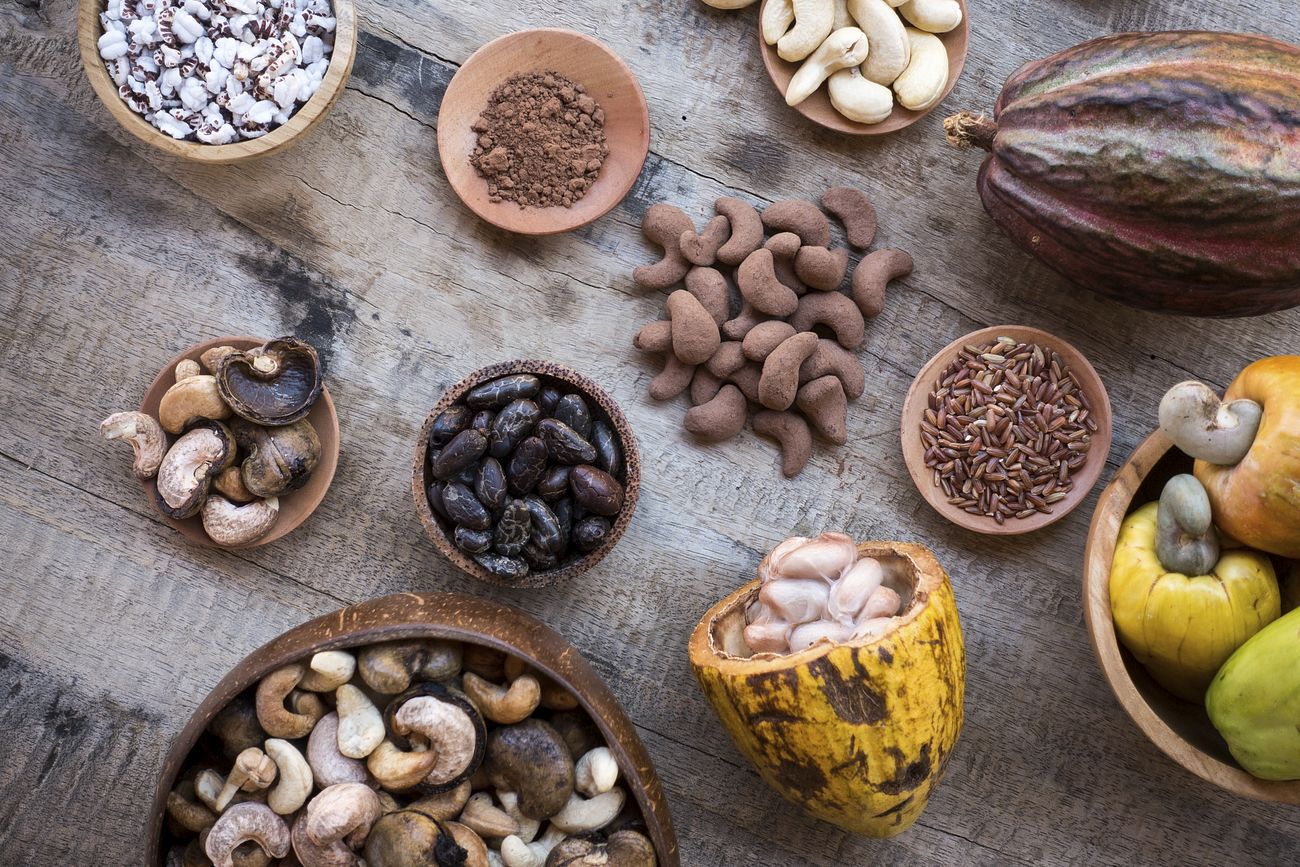The cocoa industry faces a significant shift as key grower Ghana issues a warning to European cocoa buyers, emphasising the need to be prepared for higher prices for beans that meet the imminent sustainability rules set by the region. Together with Ivory Coast, which collectively supplies around two-thirds of the world’s chocolate ingredient, Ghana is taking steps to establish systems that comply with the new regulations introduced by the European Union. These regulations aim to ensure that cocoa products are not cultivated on deforested land, promoting sustainable practices within the industry. The regulations are set to come into force at the end of this month, and companies have until the end of 2024 to achieve compliance.
Ghana, renowned for its high-quality cocoa production, recognises the importance of upholding sustainable practices and environmental conservation in the cocoa supply chain. With the new EU regulations on the horizon, Ghana is urging European cocoa buyers to brace themselves for the possibility of increased prices for cocoa beans that meet the stringent sustainability criteria. The implementation of these regulations necessitates significant adjustments in farming practices, land management, and supply chain transparency to ensure cocoa production aligns with sustainable principles.
The push for sustainability in the cocoa industry reflects a growing global concern for environmental protection, deforestation mitigation, and responsible sourcing. Ghana and Ivory Coast, being key players in cocoa production, bear the responsibility of setting an example for the industry. By complying with the EU regulations, these countries aim to enhance the overall sustainability and social impact of cocoa production, promoting ethical practices and protecting valuable ecosystems.
The timeline provided for compliance allows companies operating within the cocoa sector to adapt their operations and supply chains accordingly. The transition to sustainable cocoa production may involve increased costs associated with implementing environmentally friendly practices, investing in traceability systems, and ensuring compliance with the rigorous standards outlined by the EU regulations. While these adjustments may lead to higher prices for cocoa beans, they reflect the true cost of responsible and sustainable cocoa production.
It is crucial for European cocoa buyers to recognise the long-term benefits of supporting sustainable cocoa production. By sourcing cocoa beans that meet the EU sustainability rules, buyers can demonstrate their commitment to environmental stewardship, social responsibility, and ethical business practices. Supporting sustainable cocoa initiatives not only safeguards the future of the industry but also contributes to the preservation of invaluable biodiversity and the well-being of cocoa farmers and their communities.
The introduction of the EU sustainability regulations serves as a turning point for the cocoa industry, emphasising the need for collective efforts to combat deforestation, promote sustainable land use, and drive positive change within the supply chain. As Ghana and Ivory Coast work towards compliance, it is incumbent upon European cocoa buyers to embrace the transition, acknowledge the value of sustainable cocoa, and be prepared to invest in a future where ethical and environmentally conscious practices are at the forefront of the industry.

